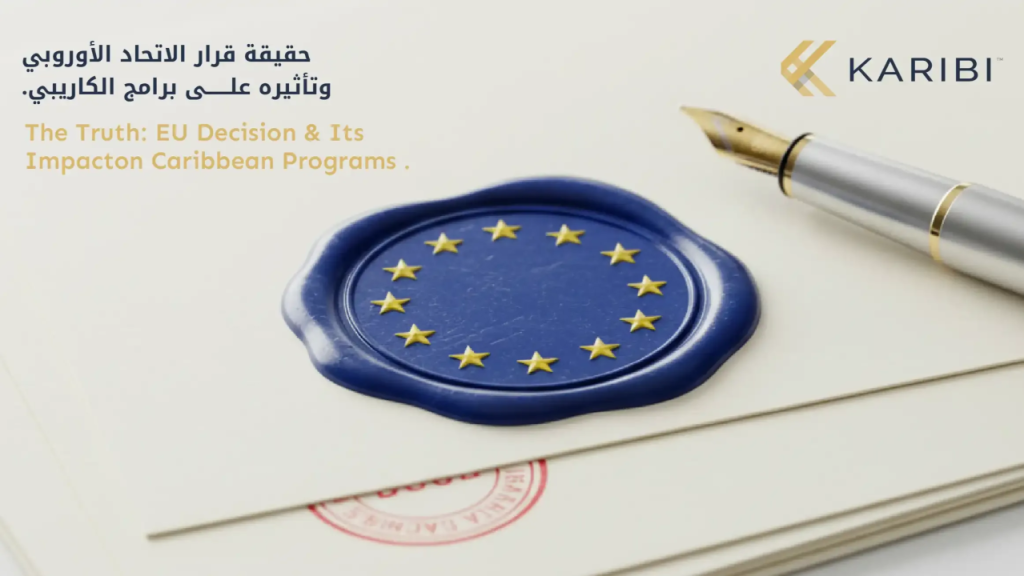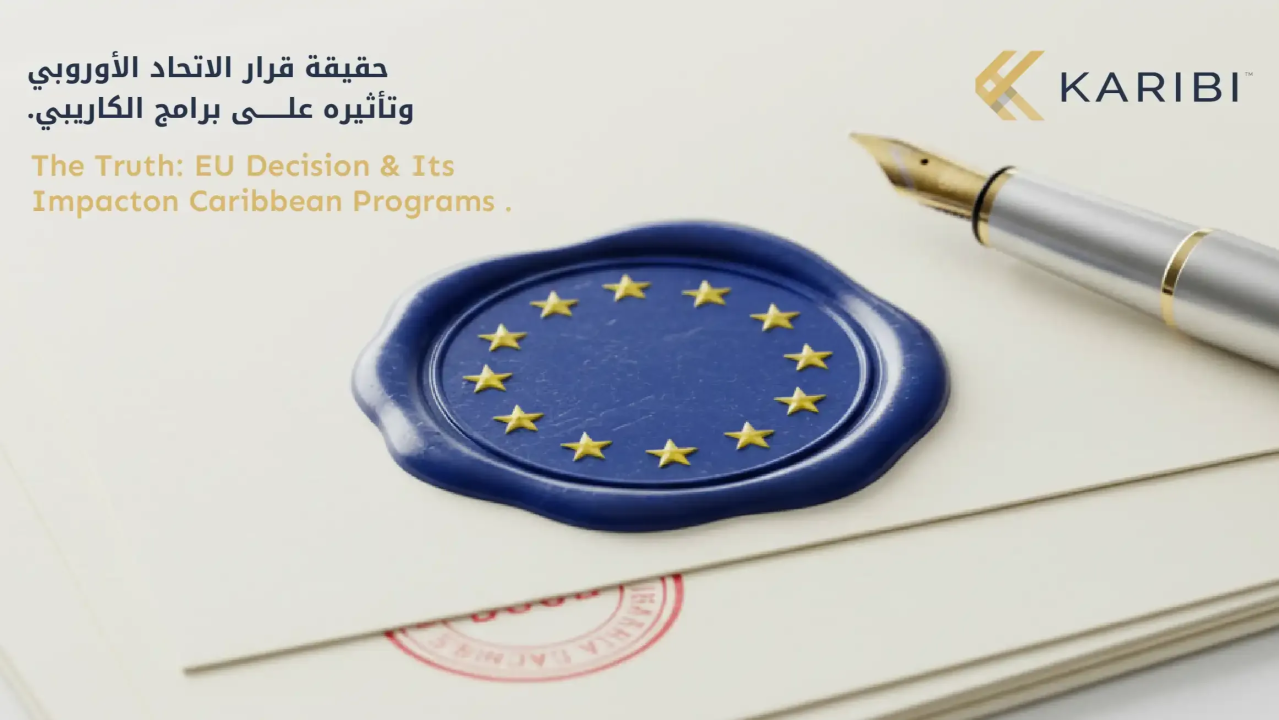On Tuesday, October 7, 2025, the European Parliament approved a reform to the EU’s “Visa Suspension Mechanism.” This important step gives the European Union more flexible and effective tools to suspend visa-free travel privileges for countries that pose security risks or violate their international commitments.
Currently, citizens from 61 countries can travel to the Schengen area for up to 90 days without a visa. With this reform, Brussels aims to use visa policy as a powerful foreign policy tool by directly linking continued visa waivers to these countries’ compliance with security standards and human rights.
Summary
- The European Parliament has approved legislation directly tying the Schengen visa waiver to third-country governments’ – and specifically officials’ – adherence to security and human rights standards.
- The new law introduces additional grounds for suspension, notably including security concerns stemming from Citizenship by Investment (CBI) schemes, hybrid threats, and breaches of international law.
- There is no impact on regular travelers, as the amendments are focused on enhancing the system’s efficiency and ensuring national compliance with international standards.
Table of Contents
New Triggers: Targeting ‘Golden Passports’ and New Threats
The new law introduces unprecedented reasons for the European Commission to reinstate visa requirements, reflecting a shift in EU priorities. Key new grounds include:
- Citizenship by Investment Programs : If these programs cause security concerns for the EU, it will be a direct reason to suspend the country’s visa waiver.
- Hybrid Threats: This covers actions like using or exploiting migrants as a tool sponsored by a foreign state.
- Human Rights Breaches: Not following the UN Charter, breaking international human rights or humanitarian law, or ignoring international court rulings is now a reason to re-impose visas.
- Policy Gaps: Not aligning with the EU’s visa rules in specific areas.
Targeted Suspension: Focusing on Government Officials
The reform gives the EU the flexibility to target visa suspensions specifically at government officials responsible for human rights abuses or other violations, instead of imposing a broad suspension on all citizens. This ensures that penalties are directed and appropriate.
The law also sets clear thresholds for action: a 30% increase in people staying without permission or committing serious crimes, and a 20% low approval rate of asylum applications can trigger suspension procedures. However, the European Commission may waive these thresholds when justified.
Steps to Implement
The reform passed with 518 votes in favor, 96 against, and 24 abstentions. However, the law still requires formal approval by the European Council before being officially adopted. It will come into force 20 days after publication in the EU Official Journal.
How the System Works
Under the new rules, the European Commission can start suspending visa-free travel from specific countries outside the EU, either on its own initiative or after a request from a member state, based on information from EU institutions. The process begins with a temporary suspension, followed by a permanent suspension if issues remain unresolved.
So far, this measure has only been used once, in the case of Vanuatu, due to concerns about its citizenship by investment program.
Potential Impacts
- Visa-exempt countries may face increased pressure to comply with transparency, migration, and security standards.
- The law can serve as a diplomatic tool when international law or human rights abuses are found.
- Individuals from visa-exempt countries could face sudden suspension of their travel privileges if concerns arise.
- The EU’s relations with affected countries will become more cautious and diplomatic, especially regarding security and human rights issues.
These amendments aim to increase the European Union’s flexibility in protecting its interests while maintaining the stability of the current travel system. They are not meant to cause concern for travelers but rather to ensure honesty and transparency in relations with visa-exempt countries.
Currently, visa exemptions continue without any immediate changes or effects. The focus of these amendments is to improve the system’s efficiency and fairness, and to ensure that countries comply with international standards. Furthermore, the decision needs time to be implemented.
The new measures do not target ordinary citizens but mainly focus on government officials in countries where serious human rights violations or major breaches have been reported. This makes the decision a precautionary step that builds trust in the visa waiver system and reassures travelers that their trips to the European Union will proceed as usual unless a specific decision is made later by the European Commission regarding their country based on an evaluation.
Stricter Security Review for Caribbean Citizenship by Investment Programs
Caribbean countries are also working to improve their citizenship by investment programs by raising security standards and enhancing program quality.
On July 1, 2025, a draft agreement was published to establish the Eastern Caribbean Citizenship by Investment Regulatory Authority (EC CIRA) among five Caribbean states – Saint Kitts and Nevis, Saint Lucia, Antigua and Barbuda, Grenada, and Dominica.
Following this, these countries officially signed the agreement on September 23, 2025. The agreement will enter into force upon ratification by the parliaments of these countries.
All these efforts aim to increase the reputation, reliability, and economic benefits of their programs while ensuring they do not pose security threats to any other country.
Within this stricter legal environment, consulting firms like Karibi Consultants play an important role by providing investors with full support and expert advice. They ensure a smooth, successful process from initial consultation to obtaining citizenship and passports, with full compliance to international regulations.
Book your free consultation now with Karibi Consultants experts and discover how our services can help you achieve your goals, whether securing a residency through investment or even obtaining citizenship by investment.






